by: Edjun Mariposque //
Amidst the vibrant festivities of the 20th Kesong Puti Festival in Sta. Cruz, Laguna, Senator Imee Marcos took center stage not only to celebrate but also to address pressing issues concerning community welfare and environmental sustainability, also with Laguna VGov. Atty. Karen Agapay, leading the distribution of benefits from the DSWD KALAHI-CIDS Cash for Work Program and the CHED Tulong Dunong Program at LSPU Sta. Cruz, Sen. Marcos emphasized the importance of inclusive development and proactive measures to mitigate environmental degradation.
During a press conference, Sen. Marcos touched upon the contentious issue of reclamation permits, particularly in Manila. She raised concerns about the lack of consultation with affected communities before issuing such permits, citing over a dozen areas at risk due to unchecked reclamation projects. “The issue of reclamation permits, which were not consulted with the affected communities, has become a major concern in Manila. We need to engage the people before granting reclamation permits,” Sen. Marcos stated, highlighting the need for transparent and participatory decision-making processes in urban development.

Sen. Marcos said “Ang issue pa ng mga reclamation permit na hindi naman kinunsulta sa taong bayad, labing isa o mahigit pa ang natuklasan, kailangan ang mga mamamayan ang mismo ang siyang kausapin bago magbigay ng reclamation permit. Malaking issue sa Maynila ang reclamation, alam natin nababaha ang iba-iba lugar dahil sabi nila walang katapusang reclamation.”
(“The issue of reclamation permits, which were not consulted with the affected communities, has become a major concern. Over eleven or more areas have been identified. The people themselves need to be engaged before granting reclamation permits. Reclamation is a significant issue in Manila, as various areas experience flooding due to what they claim to be endless reclamation projects.”)
Furthermore, Sen. Marcos proposed a paradigm shift in the utilization of Laguna de Bay, advocating for its transformation into an aquaculture center. She stressed the potential of the lake to address the country’s dependence on fish imports, emphasizing the need for sustainable aquaculture practices. “The Philippines is one of the importers of fish, instead of being an exporter, since our country is surrounded by water,” Sen. Marcos remarked, underscoring the strategic importance of Laguna de Bay in enhancing food security and promoting economic development.
Addressing the recurring problem of flooding in Laguna and neighboring areas, Sen. Marcos called for the rehabilitation of flood control systems and the installation of flood gates to mitigate the impact of natural disasters. She proposed consulting with experts, including those from the University of the Philippines Los Baños (UPLB) and local fishermen, to explore innovative solution such as mixing seawater with freshwater to boost fish populations and improve ecosystem health, “We must consult with experts first and local stakeholders to find sustainable solutions to address the challenges facing Laguna de Bay,” Sen. Marcos urged, highlighting the importance of collaboration and knowledge-sharing in achieving long-term environmental resilience.
Drawing from her father’s principles of frugality and efficiency, Sen. Marcos advocated for the limitation of the use of sirens (“wangwang”) and the prudent management of resources, especially amidst electricity and water shortages exacerbated by the prevailing heatwave. “We must exercise prudence in the use of resources and prioritize the needs of the people, especially during times of scarcity,” Sen. Marcos affirmed, echoing her father’s philosophy of “Aksyon Aksaya,” which emphasizes the importance of maximizing the impact of government initiatives while minimizing wastage.
In addition to her advocacy for sustainable development and resource management, Sen. Marcos demonstrated her commitment to supporting education and holistic well-being by personally distributing Nutribus, formerly known as Nutriban, and toys to student beneficiaries. Recognizing the integral role of education in empowering communities and fostering resilience, Sen. Marcos emphasized the importance of investing in the future generation and providing them with the necessary support to thrive.

The Kesong Puti, a heritage product of Sta. Cruz, served as a poignant symbol of local pride and cultural identity amidst the festivities. Sen. Marcos lauded the artisanal craftsmanship behind Kesong Puti and its potential to showcase the rich culinary heritage of Laguna on the global stage. “Kesong Puti is not just a cheese; it is a testament to the ingenuity and resilience of the people of Sta. Cruz,” Sen. Marcos remarked, highlighting the significance of preserving and promoting traditional industries as a means of preserving cultural heritage and fostering economic growth.
In conclusion, Sen. Imee Marcos’ presence at the Kesong Puti Festival in Sta. Cruz, Laguna, not only underscored her commitment to serving the needs of the people but also highlighted her advocacy for inclusive development, environmental sustainability, and cultural preservation. By engaging with local communities, advocating for sustainable practices, and supporting education and livelihood initiatives, Sen. Marcos reaffirmed her dedication to building a more resilient and prosperous future for the people of Laguna and the Philippines as a whole.

- SM City Santa Rosa, Setting the Bar High with the Grand Reveal of the Largest Solar PV Systemby: Edjun Mariposque **** SM City Santa Rosa marked a milestone in sustainability with the grand unveiling of the largest… Read more: SM City Santa Rosa, Setting the Bar High with the Grand Reveal of the Largest Solar PV System
- Grid Alert Status as of April 30by: Edjun Mariposque **** 𝐆𝐑𝐈𝐃 𝐀𝐋𝐄𝐑𝐓 𝐒𝐓𝐀𝐓𝐔𝐒 as of 30 April 2024, 8:00AM 𝐋𝐔𝐙𝐎𝐍 𝐆𝐑𝐈𝐃 𝐒𝐓𝐀𝐓𝐔𝐒 𝐘𝐞𝐥𝐥𝐨𝐰 𝐀𝐥𝐞𝐫𝐭2:00PM-4:00PM 8:00PM-10:00PM Available… Read more: Grid Alert Status as of April 30
- Department of Health Debunks Viral FB Post on Drinking Cold Water during Hot Weatherby: Edjun Mariposque **** ** In the midst of scorching temperatures reaching up to 40°C, the Department of Health (DOH)… Read more: Department of Health Debunks Viral FB Post on Drinking Cold Water during Hot Weather
- TO COMMEMORATE LABOR DAY, SSS Launches Nationwide Campaign to Ensure Social Security Protection for Filipino Workersby: Edjun Mariposque **** *** The Social Security System (SSS) is leading a nationwide campaign to protect Filipino workers’ social… Read more: TO COMMEMORATE LABOR DAY, SSS Launches Nationwide Campaign to Ensure Social Security Protection for Filipino Workers
- 𝐆𝐑𝐈𝐃 𝐀𝐋𝐄𝐑𝐓 𝐒𝐓𝐀𝐓𝐔𝐒 as of 29 April 2024, 1:00PM**** 𝐆𝐑𝐈𝐃 𝐀𝐋𝐄𝐑𝐓 𝐒𝐓𝐀𝐓𝐔𝐒 as of 29 April 2024, 1:00PM 𝐋𝐔𝐙𝐎𝐍 𝐆𝐑𝐈𝐃 𝐒𝐓𝐀𝐓𝐔𝐒 𝐘𝐞𝐥𝐥𝐨𝐰 𝐀𝐥𝐞𝐫𝐭2:00PM-5:00PM6:00PM-11:00PM Available Capacity: 14,952MWPeak Demand… Read more: 𝐆𝐑𝐈𝐃 𝐀𝐋𝐄𝐑𝐓 𝐒𝐓𝐀𝐓𝐔𝐒 as of 29 April 2024, 1:00PM
- NAAAGNAS NA KATAWAN NG ISANG BABAE, NADISKUBRE SA KWARTO NG HOTELni: BONG RIVERA **** QUEZON-Naaagnas na nang matagpuan ang katawan ng isang babae sa kwarto ng Summer Capital Inn nakabase… Read more: NAAAGNAS NA KATAWAN NG ISANG BABAE, NADISKUBRE SA KWARTO NG HOTEL
- Calamba City Mayor Ross Rizal Strengthens Business Partnerships at Testimonial Dinnerby: Edjun Mariposque **** Calamba City Mayor Ross Rizal recently hosted a “Testimonial Dinner for Business Partners” at the upscale… Read more: Calamba City Mayor Ross Rizal Strengthens Business Partnerships at Testimonial Dinner
- Tatlong Drug Personalities Arestado, 394K halaga ng Shabu kumpiskado sa Drug Buy-bust Operation ng Pulis Cabuyaoby: Edjun Mariposque **** Kampo Heneral Paciano Rizal – Arestado ang dalawa na drug personalities sa anti-illegal drug buy-bust operation… Read more: Tatlong Drug Personalities Arestado, 394K halaga ng Shabu kumpiskado sa Drug Buy-bust Operation ng Pulis Cabuyao
- Two Drug Personalities Arrested, Firearms and P300K Worth of Shabu Seized in Biñan Police Operationby: Edjun Mariposque **** In a concerted effort to combat the scourge of illegal drugs, the Laguna Provincial Police Office… Read more: Two Drug Personalities Arrested, Firearms and P300K Worth of Shabu Seized in Biñan Police Operation
- BABAE TIGOK SA BATOQUEZON-Patay ang isang babae ang matapos mabagsakan ng malaking bato mula sa tinitibag na bundok sa Sitio Pansol, Brgy Sokol,… Read more: BABAE TIGOK SA BATO
- Large NPA Arms Cache Recovered by Army’s 2ID in Batangas**** In a major breakthrough against insurgency, the 2nd Infantry “Jungle Fighter” Division of the Philippine Army successfully recovered an… Read more: Large NPA Arms Cache Recovered by Army’s 2ID in Batangas
- Tindig CALABARZON Urges Full Implementation of PUV Modernization Program, Supported by Various Government AgenciesIn a strong show of support for the government’s Public Utility Vehicle Modernization Program (PUVMP), the “Tindig CALABARZON” coalition is… Read more: Tindig CALABARZON Urges Full Implementation of PUV Modernization Program, Supported by Various Government Agencies
- 1.3 Million Pesos Worth of Shabu Seized in Taytay, Rizal Drug BustA blow was dealt to the illegal drug trade in Taytay, Rizal, as authorities confiscated 1.3M pesos worth of shabu… Read more: 1.3 Million Pesos Worth of Shabu Seized in Taytay, Rizal Drug Bust
- DBM, inilahad ang mga transformative reform, policies ng PBBM administration sa 2024 Spring Meetings kasama ang IMF at World BankInilahad ng Department of Budget and Management (DBM) ang mga prayoridad, transformational reforms, at mga polisiya ng administrasyon ni Pangulong… Read more: DBM, inilahad ang mga transformative reform, policies ng PBBM administration sa 2024 Spring Meetings kasama ang IMF at World Bank
- San Pedro City Launches Spectacular Sampaguita Festival 2024 CelebrationsSan Pedro City, known as the hub of the Philippines’ most fragrant sampaguita flowers, embarked on an exhilarating journey as… Read more: San Pedro City Launches Spectacular Sampaguita Festival 2024 Celebrations
- SM Prime marks 30th anniversary with record-breaking income, PHP 100 billion investment for 2024SM Prime Holdings, Inc. (SMPH), the leading integrated property developer in the Philippines, marks its 30th anniversary as a publicly… Read more: SM Prime marks 30th anniversary with record-breaking income, PHP 100 billion investment for 2024
- Mayor Rizal Leads Multi-Faceted Celebration at 23rd Calamba Cityhood AnniversaryThe vibrant city of Calamba recently celebrated a significant milestone, commemorating its 23rd year since being declared a city. The… Read more: Mayor Rizal Leads Multi-Faceted Celebration at 23rd Calamba Cityhood Anniversary
- Soldiers Treat Wounded NPA Amazon in Aurora Clash: A Glimpse into Ongoing Efforts Against InsurgencyIn a recent clash between government troops and New People’s Army (NPA) members, soldiers from the 1st Infantry (Always First)… Read more: Soldiers Treat Wounded NPA Amazon in Aurora Clash: A Glimpse into Ongoing Efforts Against Insurgency
- PDEA Operation Nets Target-Listed Suspect in LucenaIn Lucena City, Quezon Province, a significant arrest was made on April 21, 2024, when a Regional Target-Listed drug personality… Read more: PDEA Operation Nets Target-Listed Suspect in Lucena
- Drug Den Dismantled in Calamba City Following Buy-Bust Operation, Target at-large 4 arrested**** In the early hours of April 21, 2024, a joint operation involving the Philippine Drug Enforcement Agency (PDEA) Laguna… Read more: Drug Den Dismantled in Calamba City Following Buy-Bust Operation, Target at-large 4 arrested



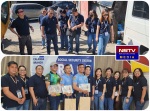
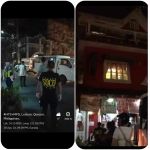



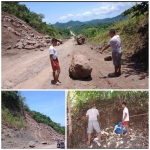
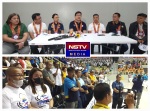

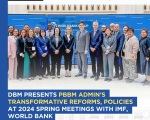


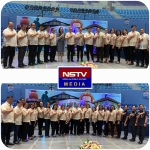
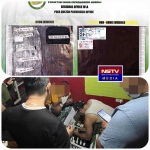
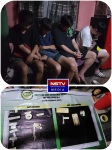
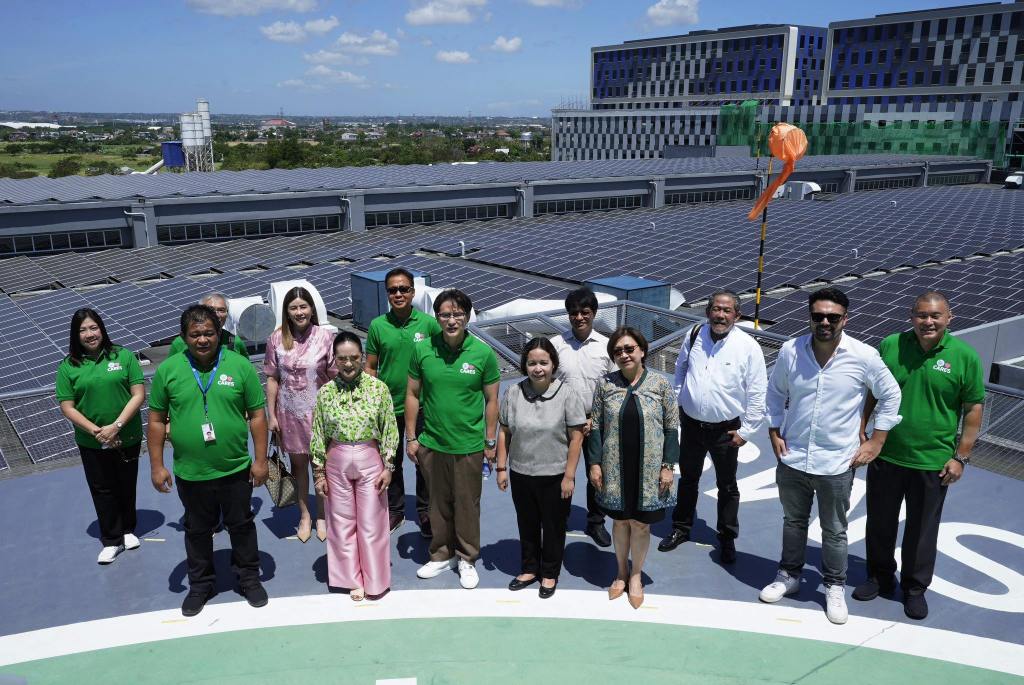
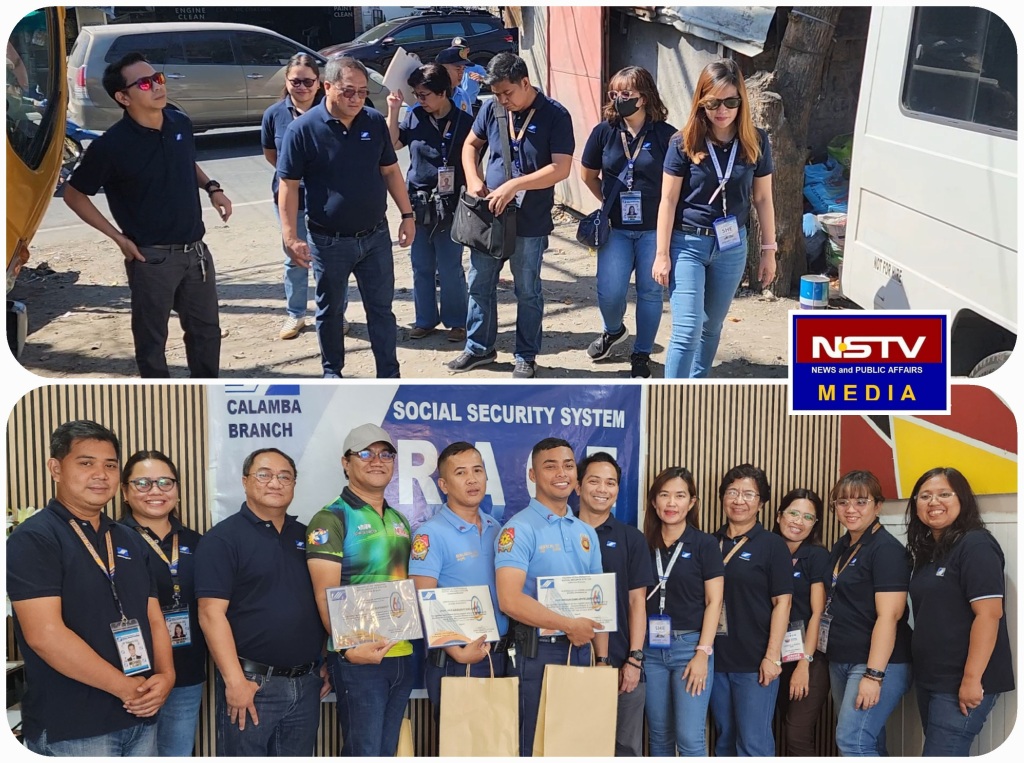
Leave a comment